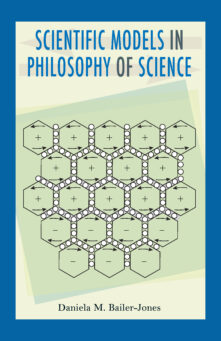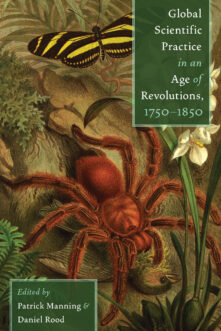Books
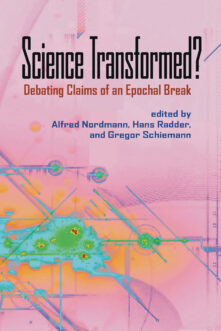
Science Transformed?
Debating Claims of an Epochal Break
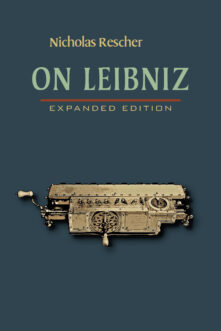
On Leibniz
Expanded Edition
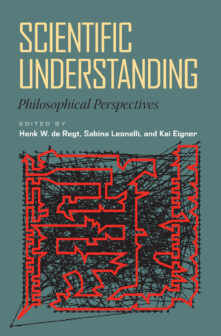
Scientific Understanding
Philosophical Perspectives
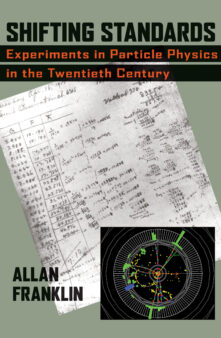
Shifting Standards
Experiments in Particle Physics in the Twentieth Century
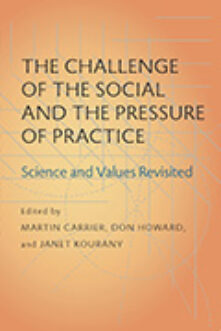
The Challenge of the Social and the Pressure of Practice
Science and Values Revisited
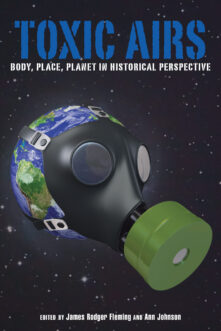
Toxic Airs
Body, Place, Planet in Historical Perspective
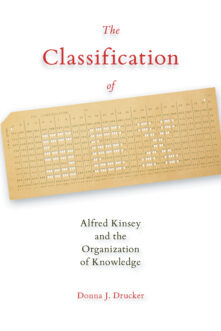
The Classification of Sex
Alfred Kinsey and the Organization of Knowledge
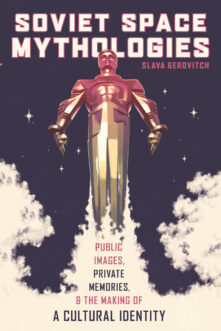
Soviet Space Mythologies
Public Images, Private Memories, and the Making of a Cultural Identity
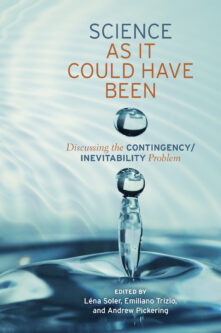
Science as It Could Have Been
Discussing the Contingency/Inevitability Problem
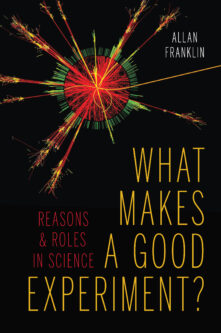
What Makes a Good Experiment?
Reasons and Roles in Science
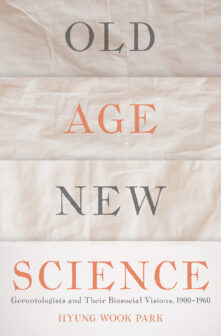
Old Age, New Science
Gerontologists and Their Biosocial Visions, 1900-1960
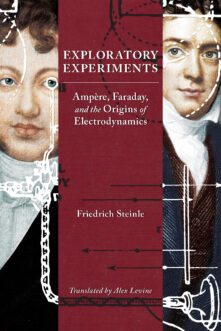
Exploratory Experiments
Ampère, Faraday, and the Origins of Electrodynamics
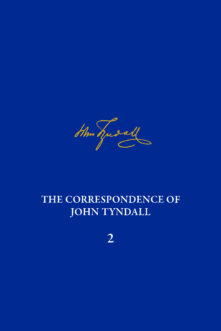
The Correspondence of John Tyndall, Volume 2
The Correspondence, September 1843–December 1849
Total 60 results found.


